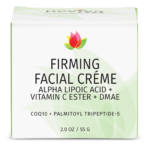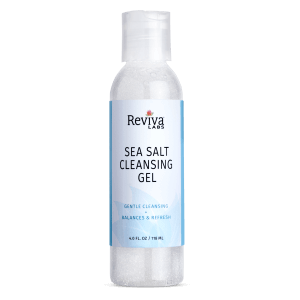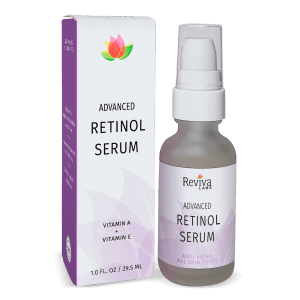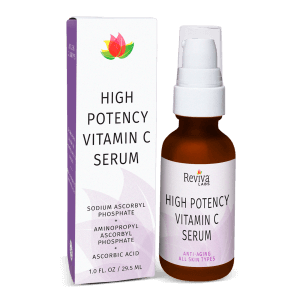Canola Oil
Canola oil, a plant-derived lipid, is celebrated in the skincare realm for its remarkable restorative and skin-soothing attributes. Extracted from the seeds of the canola plant, this lightweight oil is a powerhouse of nourishment, seamlessly blending into skincare routines to offer a multitude of benefits.
Renowned for its gentle nature, canola oil is a beacon of relief for stressed and troubled skin. Its inherent soothing properties make it a trusted ally in calming irritation and reducing discomfort, leaving the skin feeling serene and tranquil. But the prowess of canola oil extends beyond mere soothing; it’s imbued with restorative qualities that actively contribute to the skin’s rejuvenation process. Rich in essential nutrients and antioxidants, it helps to fortify the skin’s natural barrier, promoting resilience against environmental stressors and aiding in the recovery of the skin’s natural balance and health.
The composition of canola oil includes an optimal blend of fatty acids, such as omega-3 and omega-6, which are crucial in maintaining the skin’s hydration and elasticity. By reinforcing the lipid barrier, canola oil ensures moisture is sealed within the skin, preventing dehydration and imparting a plump, supple texture. Moreover, the presence of vitamins E and K in canola oil plays a significant role in protecting the skin from oxidative damage and supporting its natural healing process, enhancing the overall complexion with a radiant, youthful glow.
Incorporating canola oil into skincare formulations is a testament to harnessing the power of nature to nurture and revitalize the skin. Its lightweight consistency ensures it’s effortlessly absorbed, delivering its restorative and soothing benefits deeply, without leaving any greasy residue. Whether used in creams, serums, or as a standalone product, canola oil is an invaluable ingredient for anyone seeking to soothe, restore, and enrich their skin, naturally and effectively.
Rapeseed oil is one of the oldest known vegetable oils. There are both edible and industrial forms produced from rapeseed, the seed of several cultivars of the plant family Brassicaceae. Historically, it was restricted as a food oil due to its content of erucic acid, which in laboratory studies was shown to be damaging to the cardiac muscle of laboratory animals in high quantities and which imparts a bitter taste, and glucosinolates, which made many parts of the plant less nutritious in animal feed. Rapeseed oil from standard cultivars can contain up to 54% erucic acid.



Canola oil is a food-grade version derived from rapeseed cultivars specifically bred for low erucic acid content. It is also known as low erucic acid rapeseed (LEAR) oil and is generally recognized as safe by the United States Food and Drug Administration. Canola oil is limited by government regulation to a maximum of 2% erucic acid by weight in the US and the EU, with special regulations for infant food. These low levels of erucic acid do not cause harm in humans.
In commerce, non-food varieties are typically called colza oil.
Rapeseed is extensively cultivated in Canada, France, Belgium, Ireland, the United Kingdom, the United States, the Netherlands, Germany, Denmark, Poland, and Slovenia. In France and Denmark especially, the extraction of the oil is an important industry.









